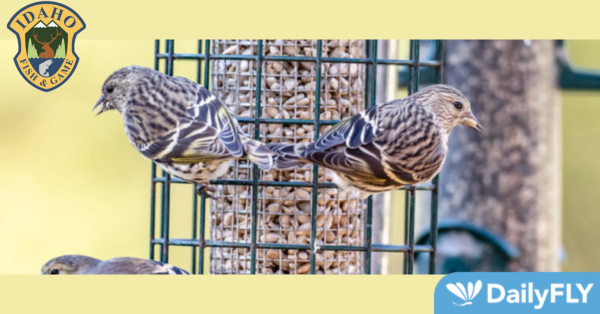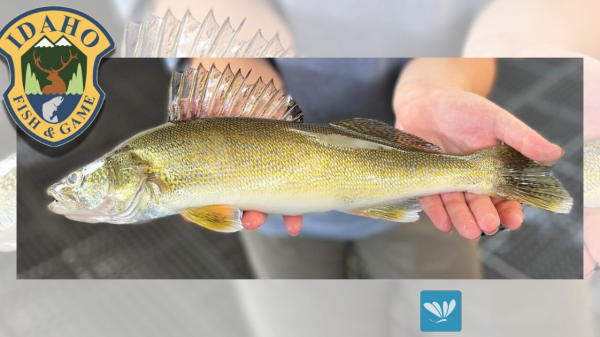BOISE – With many hunting seasons underway (or set to begin soon) and dry conditions across parts of the state, hunters are reminded to be extra careful and pay close attention to current fire restrictions.
While recent rainfall, shorter daylight hours and cooler temperatures have reduced fire danger across most of the state in the last week, it will only take a few hot days to dry the fuels that could spark a wildfire.
Besides exercising a little extra caution, here are 10 tips every hunter can do this fall.
1. Know before you go
Check your hunting area in advance of your hunt and see if there are fire closures or restrictions due to fire danger. A great place to start is Fish and Game’s Fire Page that includes a map of all current fire area closures and fire activities statewide. Another helpful resource is Idaho Department of Lands’ Fire Restrictions page that shows where the fire restrictions are and what they mean.
2. Be patient
Most fires are typically extinguished or under control by October hunts. However, several wildfires, especially in northern Idaho, continue to burn and may potentially affect access this fall. If you know fires are burning in your hunting area, you may want to delay your hunts or explore other areas.
3. Be careful with all fires
Whether a campfire, gas lantern, cook stove or barbecue, all can quickly start fires in tinder-dry forests and deserts. Always be ready to put out a fire should one start. Have a shovel, water and even a fire extinguisher with you in camp and in your vehicle. Each year, an increase in human-caused fires is usually observed during hunting season and is often accredited to warming fires not being properly extinguished. Firefighting resources are limited, and you don’t want to add to the problem.
4. Be careful with vehicles, trailers and other motorized equipment
Parking vehicles on dry grass can ignite fires, and loose trailer chains can create sparks, igniting roadside grasses. Always connect your trailer’s safety chains, even for short trips. Chainsaws, generators and other machines with gas engines can also start fires. Use them wisely and within the rules of fire restrictions.
5. Be on the lookout for fires
If you spot a wildfire, report it immediately by calling 911. Hunters should carry a shovel and water jug in their vehicle and put out any campfires they see left unattended.
6. Stay away from fire-fighting activities and abide by closures
Sometimes area closures seem to extend far beyond the actual fire, and hunters may be tempted to sneak into their favorite spot. It is illegal to enter a closed area. Wildfires can also move fast, and rescues require taking resources away from firefighting. Please remember that fires are often associated with temporary flight restrictions that prohibit aircraft travel – including the use of drones/UAVs.
7. Avoid burned areas
They can be hazardous in many ways, including falling trees, holes, loose rocks, etc. They also aren’t much fun to hunt. Give them a rest and let the land recover.
8. Beware of rainstorms
They will help put out any remaining fires, but rain can also cause flash flooding and landslides on newly burned areas. Not to mention will cake your hunting boots in 3 inches of thick, thick mud. So be mindful before (and after) your hunt if a rainstorm passes through.
9. Expect some closures even when the fires are out
Land managers are cautious with newly burned areas and may keep restrictions in place well into winter and possibly longer.
10. Not all fires are bad
Fires can have tragic consequences, as we have seen with lost lives, burned homes and disrupted lives and livelihoods. But fires can also improve wildlife habitat, and in most wildlands, are part of the natural cycle.

















